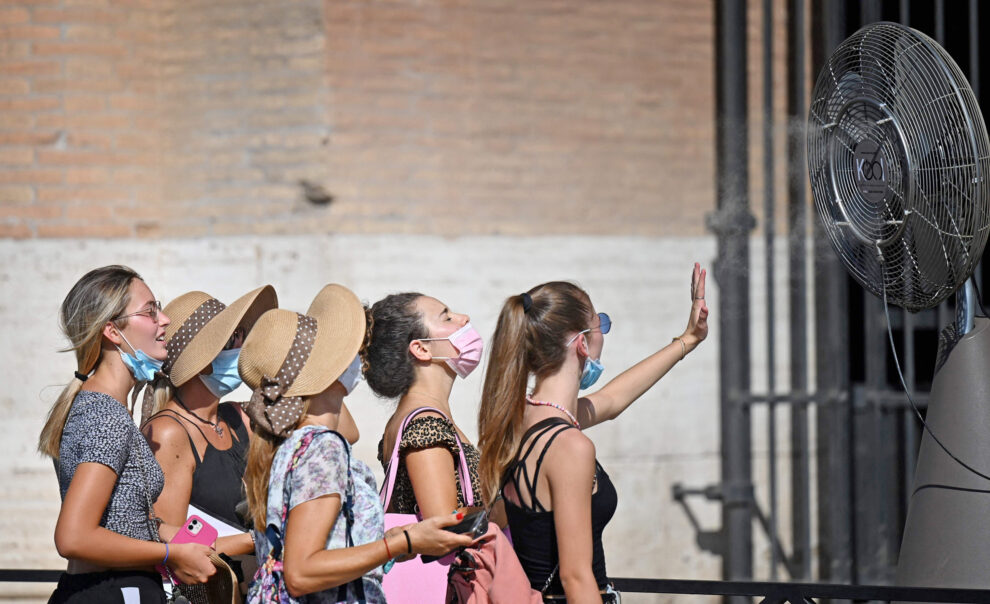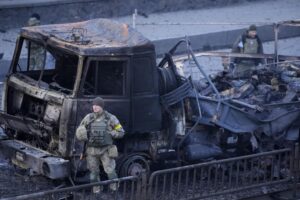The heat wave has reached the north of the African continent, further aggravating their survival problems. There have been several heatwaves this July. After an extremely dry year, scarce water reserves have further limited the ability to cope with high temperatures.
Among the most affected countries in North Africa are Morocco, Algeria and Tunisia. The aforementioned scarcity of water, the increase in food prices, forest fires and continuous power cuts, is making the situation extremely complex.
Fires in the Maghreb region have affected thousands of hectares, displaced hundreds of residents and killed dozens of people. It is a situation that not only affects Africa, but also the intense and systematic fires that are occurring throughout the Mediterranean, and the activation of the state of alert in many developing countries, especially in Latin America and the Caribbean.
In Egypt, power outages are becoming more intense, due to the rise in domestic consumption, especially air conditioning. More than 22 million people live in Cairo, the vast majority of whom live in a situation of poverty, which have been exposed without the necessary protection to more than 40 degrees. Those with greater resources have also been affected, especially during peak consumption hours, due to the gradual increase in power outages.
Refugee camps are also facing a deterioration of their living conditions due to high temperatures. Many of these camps are equipped with waterproof tents that retain a lot of environmental heat, which makes them very hot, especially those located in desert areas or close to deserts.
The lack of access to fresh water, let alone drinking water, is another problem increased by the heat wave in refugee camps. Refugee children have been known to drink salt water as a fatal and urgent alternative to quench their thirst for fresh water for days.
At the moment, forest fires are taking the limelight of the news about the effects of climate change in North Africa. Spain has promised to send two firefighting planes that are part of the Air Force. The specific shipment will be made to Tunisia, which is experiencing perhaps one of the worst waves of fires of the moment, which is devastating hundreds of hectares, including the very strong fire that has been raging for several days in the border area with Algeria, a country that is also suffering great devastation.
In this context, Tunisian authorities reported the first victim of the fires, a teacher from the Beja region who died as a result of smoke-caused suffocation. Temperatures above 50 degrees have been reported in the country.
Source: TeleSUR





